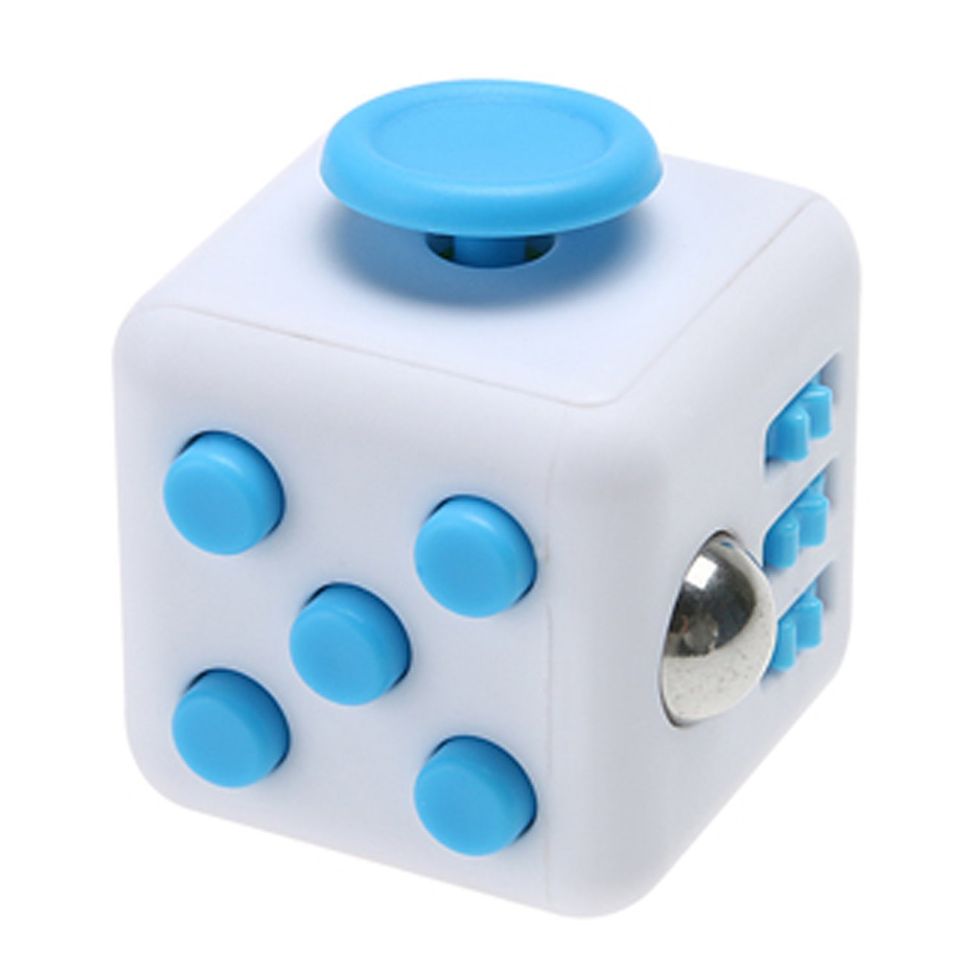Anxiety is the intense nervousness someone feels in a situation that they perceive as threatening or dangerous. Until recently, I had not paid much attention to how anxiety can result in physical manifestations. However, I have discovered that these signs may be disguised as bad habits rather than a recognizable symptom of anxiety. Many of these physical manifestations are often subconscious efforts to cope with stress.
1. Compulsive Behavior: These are often the things we don’t know we are doing because we are not always paying attention. Pulling out hair or eyelashes, picking at the skin, and constantly clenching the jaw are all examples of this compulsive behavior. Some of the more common include biting the nails or chipping away at them, compulsive eating, and almost constantly fidgeting or moving in some way. Thus, the fidget cube was born!
2. Pain and Sores: In some cases, intense pains that seem to originate from nothing may be caused by acute anxiety. Headaches, stomachaches, and other unexplained pains could stem from anxiety. Mouth sores and stomach ulcers can also manifest from a combination of stress and environmental factors such as excessive ingestion of acidic foods.
3. Uneven Breathing: The rhythm of someone’s breath is arguably just as important as the rhythm of one’s heartbeat. Excessive sighs or yawning, as well as hyperventilating are indications of anxiety. In the practice of yoga and meditation, steady breathing is the most important goal to meet in order to start a healthy practice. Inhale the good energy, exhale the bad.
4. Insomnia: Lack of sleep or waking up in the middle of the night usually means something is bothering you and keeping your mind from peace.
Everyone expresses anxiety in different ways and everyone needs to cope differently. There is not an exact science to it, but there are some things I have learned that have helped me to cope with my anxiety. For example, I learned recently that many people who suffer from anxiety also have a magnesium deficiency! Magnesium has also been known to help with pain. Coincidence? Probably not. Strangely enough, some people (*cough*me) cannot absorb magnesium properly via oral supplements. In this case, there is a recipe including magnesium crystals and hot water that can be made into a solution and sprayed on the skin. Here’s a link to a place where you can learn more: http://www.integrativenutritionaltherapies.com/diy-magnesium-oil-spray/. Melatonin is another natural supplement that should be taken before bed to help with sleep but watching the history channel on TV and making some tea could also work just as well. Exercise or yoga could help with uneven breathing, training yourself to pay attention to the input and output of breath, guided meditation could also help with this too. In my opinion, the most difficult to manage is the compulsive behavior. I think the only advice is to try and keep your hands busy doing anything besides whatever it is you’re compelled to do. Knitting, coloring, video games, writing, and painting are all good ways to keep from giving in to your compulsion. Distraction is key! Lastly, if your anxiety is too much to handle, talking to a doctor about trying medication or seeking out a therapist are viable options. Thousands of people suffer from anxiety, but we don’t have to make it worse by damaging our bodies over it. Stop picking at your skin, get some sleep, and breathe deeply because life is chaotic enough when you’re stressed out; you don’t have to look like a drug addict too.
Photo credits:https://www.enviromedica.com/ancient-minerals-magn...






 The minimum wage is not a living wage.
StableDiffusion
The minimum wage is not a living wage.
StableDiffusion
 influential nations
StableDiffusion
influential nations
StableDiffusion












